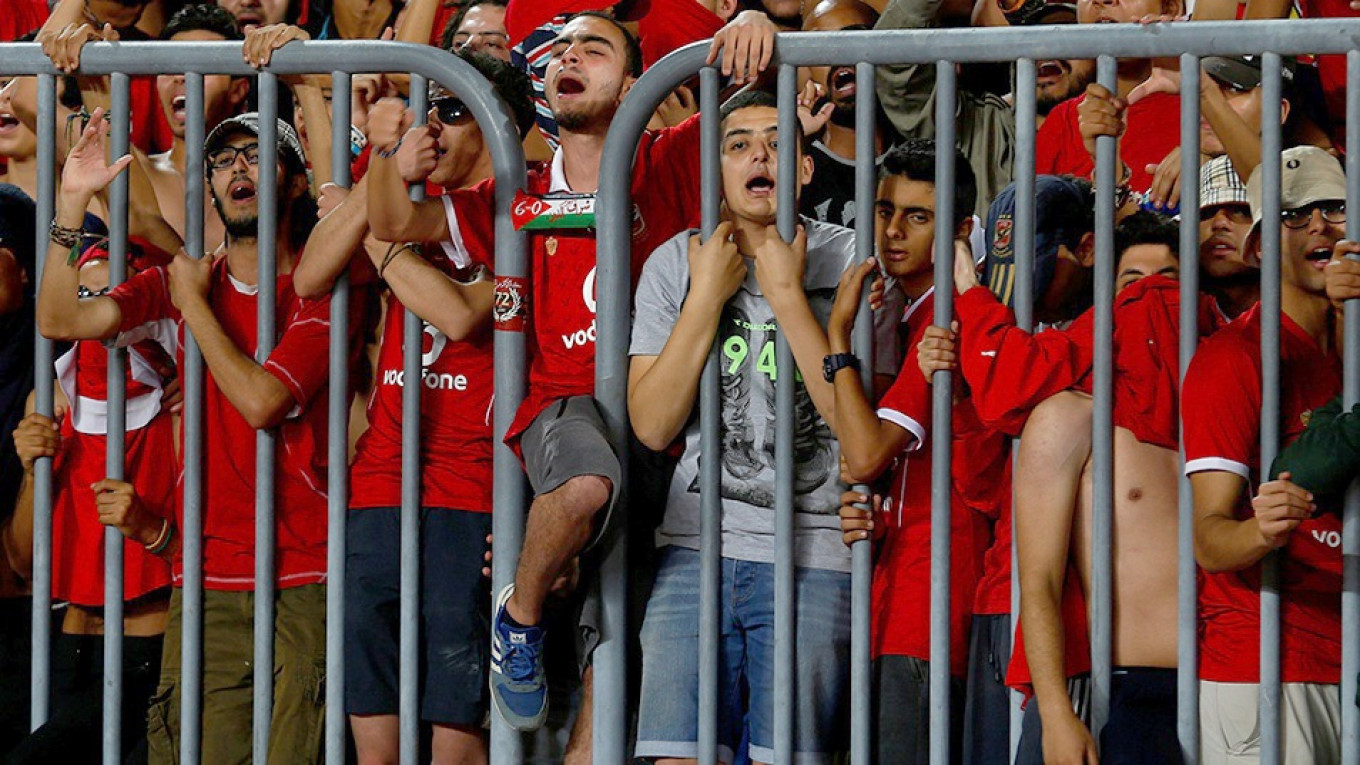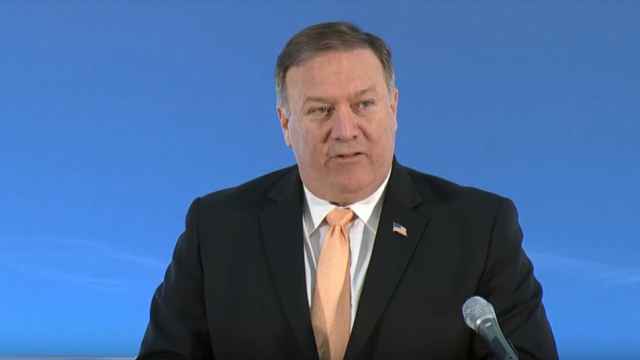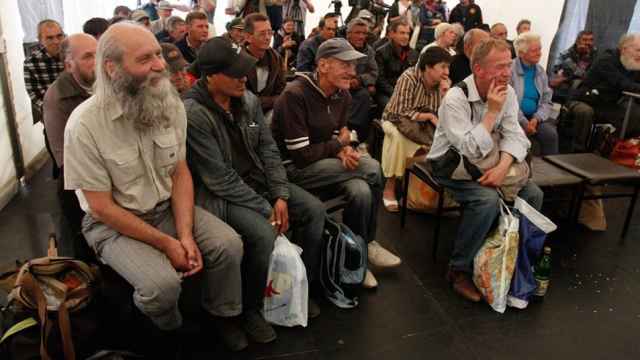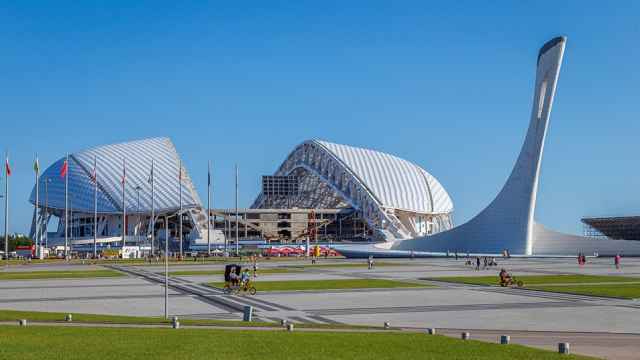Seventeen people, most of them from Nigeria and Morocco and holding World Cup fan identity documents, have tried to enter Poland illegally from Russia since the football tournament began, border guards service said on Monday.
In the most recent incident, guards detained six Moroccans on Thursday when they crossed into north-east Poland from Kaliningrad, a Russian exclave in Europe that is hosting World Cup games.
They crossed at a "green border" zone where there is no formal crossing point, and were handed back to Russia on Saturday, a local border guard spokeswoman said.
Local guards have been watching the border more closely during the World Cup in Russia and have stopped four others who entered via the green border and turned back another 7 at the border, she said.
They included citizens from Nigeria, Morocco, Algeria and Yemen who held World Cup fan identity cards, which Moscow accepts instead of visas during the tournament.
One of the detained Moroccans had no original documents with him apart from copies, including a copy of a fan ID, the spokesperson said. The other Moroccans held genuine, original IDs and national passports.
Earlier this month five people entered Finland illegally with the help of football World Cup fan identity documents and subsequently applied for asylum.
Russia shares a frontier with several countries in the European Union's 19-nation Schengen zone, within which borders can be crossed without checks.
Since Mediterranean arrivals spiked in 2015, when more than a million refugees and migrants reached the bloc, EU leaders have been at odds over how to handle them.
German Chancellor Angela Merkel said on Sunday she would seek direct deals with separate European Union states on migration, conceding the bloc had failed to find a joint solution to the issue threatening her government.
Poland, which is a member of the European Union and the Schengen zone of free travel, has refused to host any arrivals and together with Hungary it wants to end any further discussion on rules for sharing them out across the bloc.
A Message from The Moscow Times:
Dear readers,
We are facing unprecedented challenges. Russia's Prosecutor General's Office has designated The Moscow Times as an "undesirable" organization, criminalizing our work and putting our staff at risk of prosecution. This follows our earlier unjust labeling as a "foreign agent."
These actions are direct attempts to silence independent journalism in Russia. The authorities claim our work "discredits the decisions of the Russian leadership." We see things differently: we strive to provide accurate, unbiased reporting on Russia.
We, the journalists of The Moscow Times, refuse to be silenced. But to continue our work, we need your help.
Your support, no matter how small, makes a world of difference. If you can, please support us monthly starting from just $2. It's quick to set up, and every contribution makes a significant impact.
By supporting The Moscow Times, you're defending open, independent journalism in the face of repression. Thank you for standing with us.
Remind me later.






